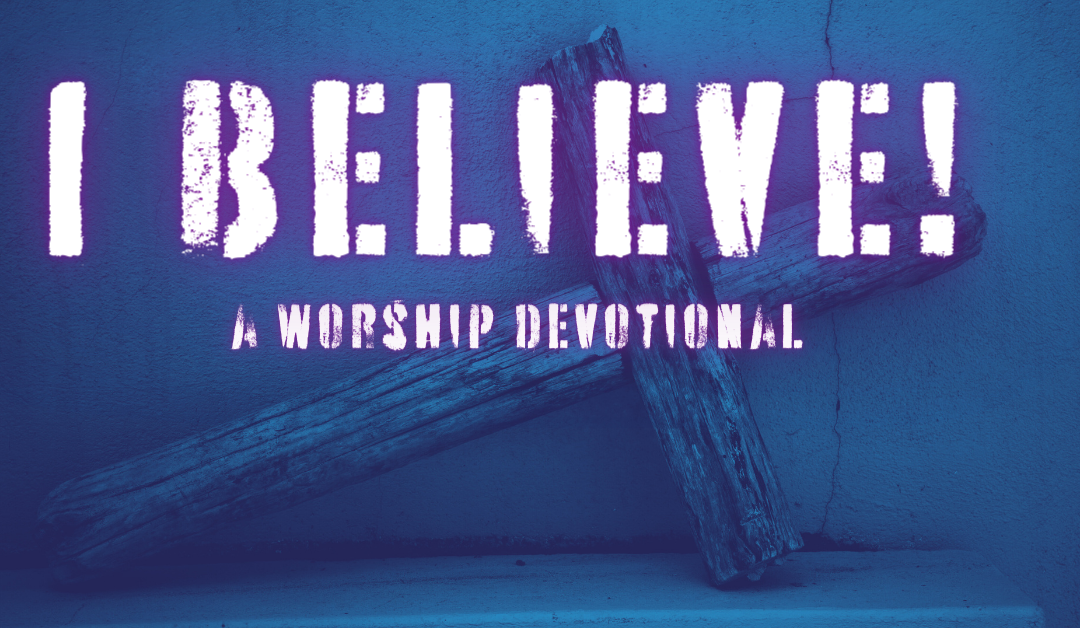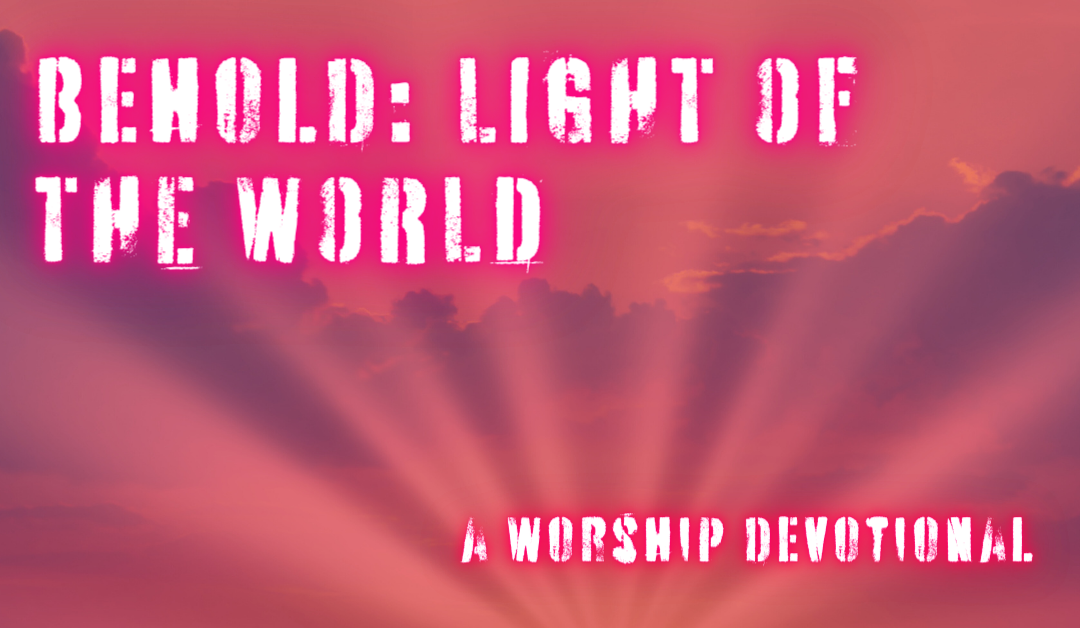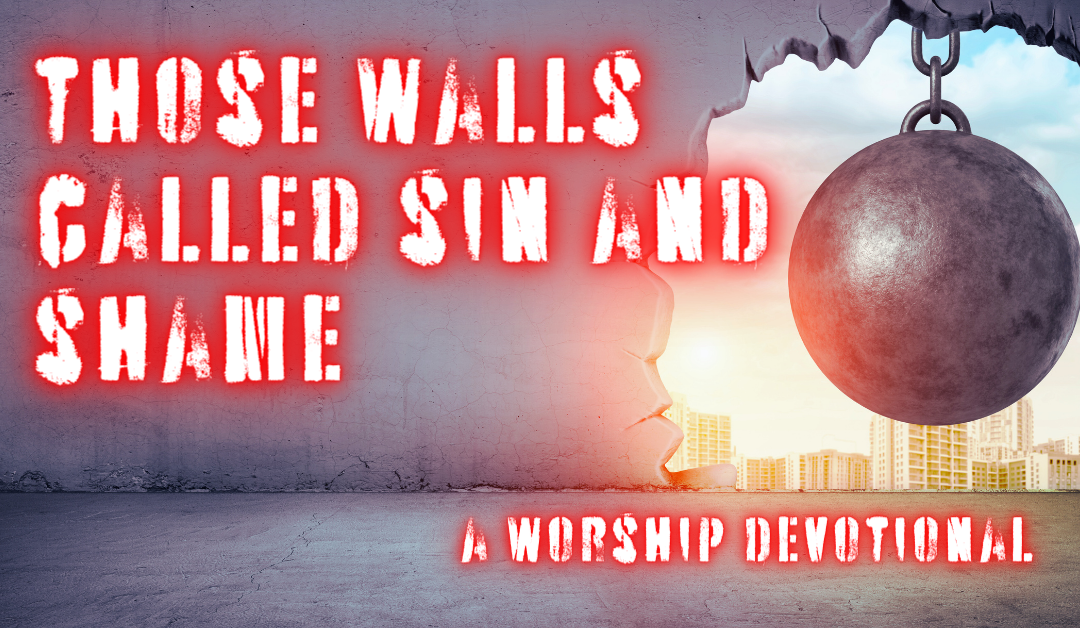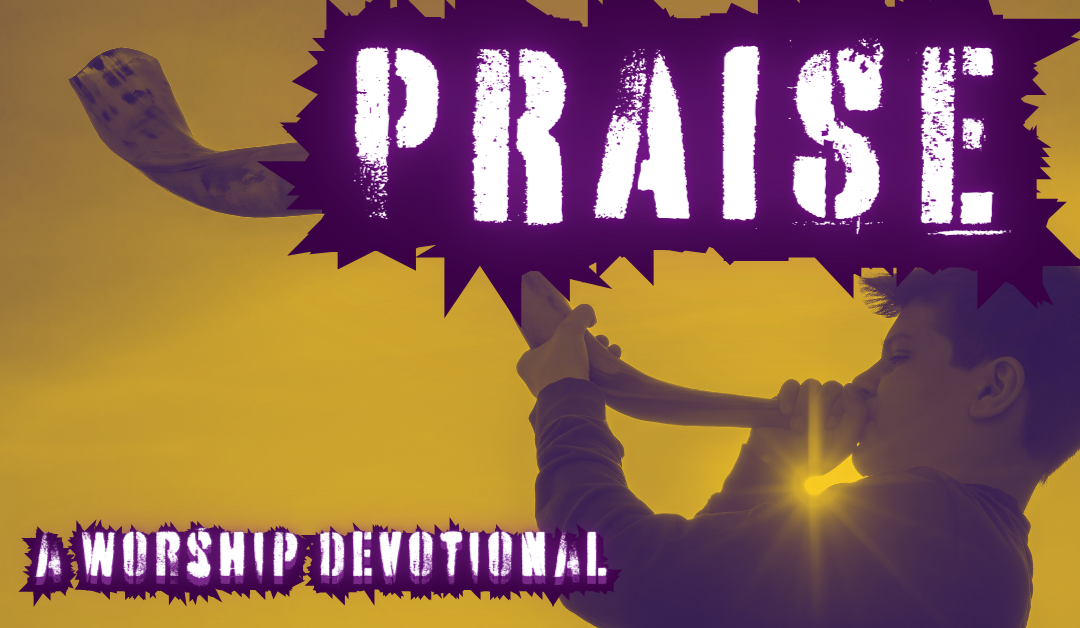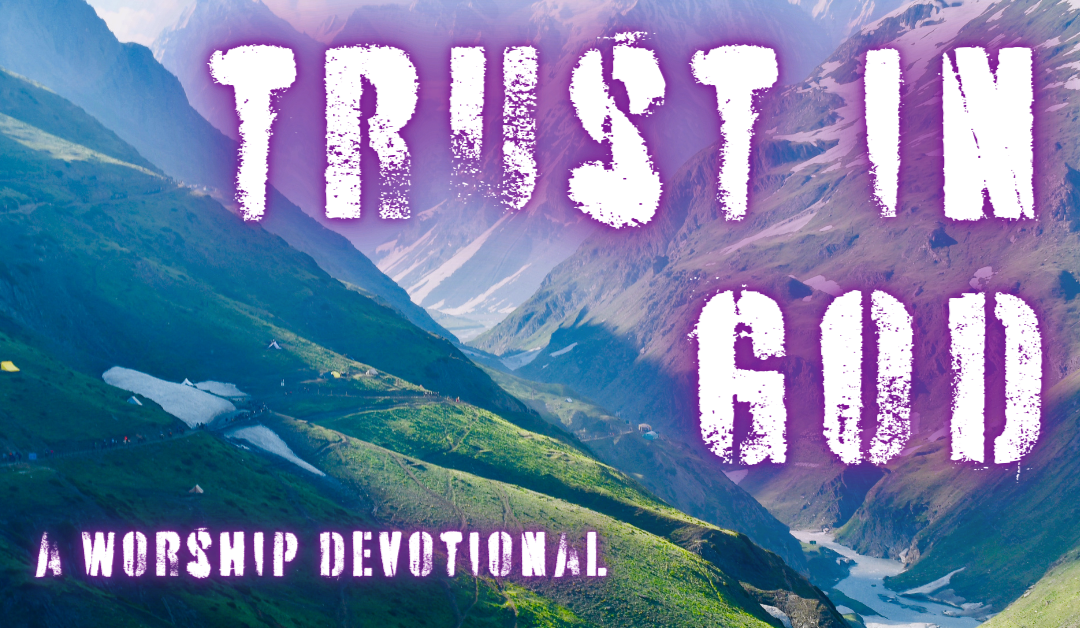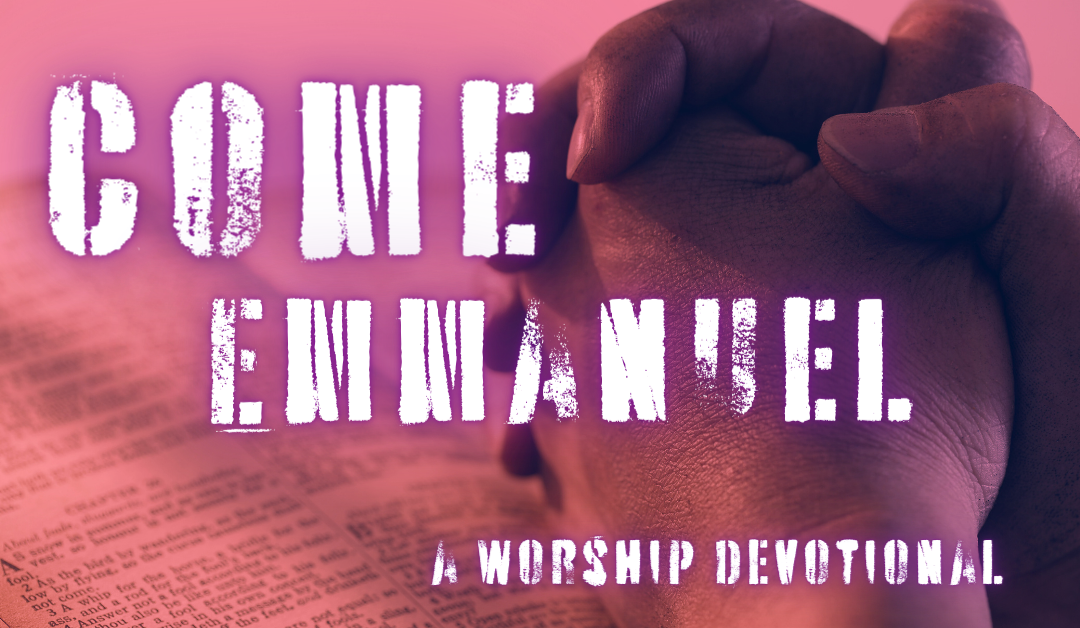
Come Emmanuel
O come, Adonai, Lord of might,
Who to Thy tribes, on Sinai’s height,
In ancient times didst give the law
In cloud and majesty and awe.”
O Come, O Come, Emmanuel, John Mason Neale
“Seek the Lord while He may be found,
Call upon Him while He is near.
Let the wicked forsake his way,
And the unrighteous man his thoughts;
Let him return to the Lord,
And He will have mercy on him;
And to our God,
For He will abundantly pardon.”
Isaiah 55:6-7:, NKJV
In this present dispensation of grace it is often easy for us to lose sight of the heart and will of God.
The message often proclaimed from the pulpits of seeker-friendly churches is this: “Jesus loves you just as you are. Don’t be religious church. Grace is what saves us!”
This is only a half truth.
Jesus loves you – but He loves you so much that He offers you the chance to change. A chance for a better life.
The grace of God – the love of God, undeserved – goes hand in hand with the mercy of God: God refraining from pouring out the wrath that we DO deserve.
Shall we then cheapen this great gift of grace by staying as we are?
It seems to me that the modern believer wants the benefits of the Kingdom – deliverance, freedom, healing, peace, prosperity – but what we really need is the Rule and Reign of God.
The love of God is free and without restriction – but relationships have boundaries. Covenants, like contracts, have conditions and clauses.
We are saved by grace, but this love of God poured out is only the beginning.
Jesus came preaching repentance.
This call for repentance is a call to action. Yes, we are saved through faith by grace – but grace without works is dead.
Much of the Psalms and the Prophets is a heartfelt cry for repentance and salvation – and not just individual repentance and restoration – but that of the nation. For us as Christians, having strongholds of the faith around the world, the call is not for the individual nor the nation – but for the nations! The whole world.
Crying out on behalf of the world, come, o come, Emmanuel!
It is time for Christian brothers and sisters to heed this call to action and take up the work of prayer and evangelism.
The church, as a Body and as a movement – as an institution – has failed. We have strayed from the Truth. We have become seeker friendly rather than seeking the lost.
Brothers! Sisters! Let us take up the work of prayer – taking no rest and giving God no rest. Let us pray until we see the light of His salvation breaking through!
Let us endure for our loved ones. Let us endure upon our knees.
And as we pray, let us do so with the knowledge that He inclines His ear to us. He hears us.
Let us pray and seek the Lord while He might be found and urge others to do the same.
Let us pray for and with our loved ones at every opportunity that presents itself.
Let us pray also for ourselves – the Body – that we may be faithful witnesses of the Lord Jesus Christ. That He might give us the strength to resist scandal and controversy, to avoid falling into the temptation of false doctrine, and that we might incline our ears to His Holy Spirit working in our lives, through our lives and in the lives of those around us.
Let us, as the Body and as the Bride cry out to our Beloved: Come, o come, Emmanuel!
Let us pray for His Rule and Reign to be established in our churches, in our schools and in our governments yet again – that He might impart to us His righteousness, as He did at Mount Sinai. Let our prayer be for His Dominion, His Authority and His Kingdom to come in our lives. For His face to shine upon us – so that He might have preeminence – the highest praise and the highest place in our lives.
Prayer: Lord, as I take up the work of prayer, give me the words to pray for my loved ones, for my community and for my country. Wherever I might be, Lord, let me be a stronghold of the Faith. Guide me in my quiet time, equip in my solitude so that I might be a faithful witness of Your Kingdom come. Come, o come, Emmanuel – come and establish Your throne in our midst – and let us see revival, reformation and restoration in our lives and the lives of those around us. In the Mighty Name of Jesus. Amen.

